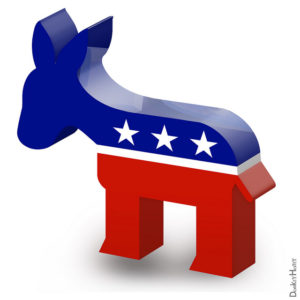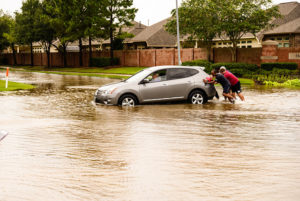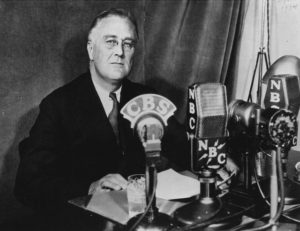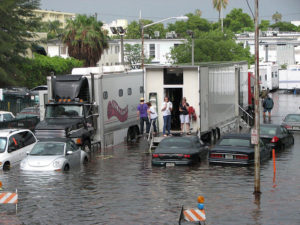
Millau Viaduct, France
The word “infrastructure” puts people to sleep. It’s up there with “tax tables” in the attention-getting zone. However, few things are more important to America than having modern, well-maintained roads, bridges, airports, rail systems, electrical grids and Internet backbones. As Donald Trump and the Republicans have dropped the ball in this area, Democrats have a great issue to run on in the 2018 and 2020 elections. First, however, the Democrats could inject a little sex into the dry terminology on this issue.











